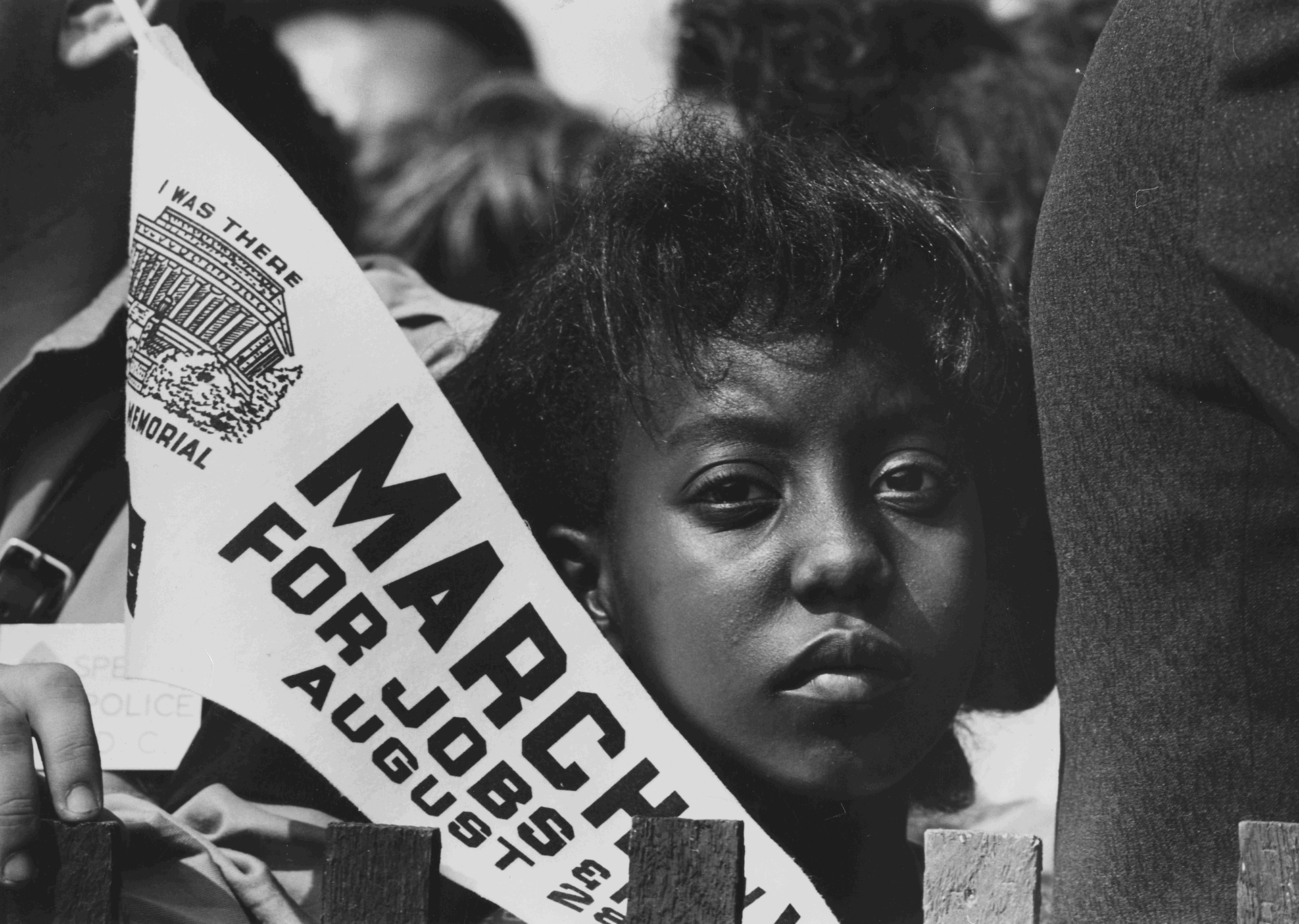Today I attended a panel about fighting for the Dream Act directly after class. With the Civil Rights Movement fresh on my mind, I easily drew parallels between the Dreamers fighting for legitimization and the activists of the Civil Rights Movement. There were three speakers: a political science professor, Angela Kelley (a DACA advocate in D.C), and a Dreamer student. The student spoke about how he had sixteen days before his documents expired. He has sixteen days before he can no longer work, receive federal benefits, or be considered a citizen of the United States. He also told the chilling story about his uncle, who had been arrested by two agents. They had knocked on his door, and, without identifying themselves and wearing normal street clothes, asked if he could help them with a flat tire. The uncle agreed and even offered his own tools and tire to help. As soon as they stepped off his property, they handcuffed him, and no one in the student’s family has heard from him since then.
Angela Kelley spoke about how many people are fighting and many people want to protect undocumented immigrants and those protected by DACA, but she seemed pessimistic that anything positive would happen soon. She mentioned law enforcement, and that calling the police is an option only when there aren’t attacks coming from the police onto the community. The fear of law enforcement reminded me of what we’ve studied from the Civil Rights Movement. The police are supposed to be a force that makes a person feel safe, but these people fear them because the police have immense power over their lives in a way that the police don’t have over whites or traditional citizens. Instead, law enforcement officials needlessly bully the people they are supposed to protect. Maybe to them, the undocumented citizens today (and similarly, African Americans during the Civil Rights Movement) are not seen as equal, legitimate citizens, and so aren’t deserving of the protection of the law.
The student also spoke about how he is merely a number to the government. They don’t care about his name or his dream to have a career so that he can retire his parents. He is merely a number, signifying that he was an undocumented child brought into the US. Nothing more. This is similar to the Civil Rights Movement in that black men and women were treated as objects. To the oppressors, they weren’t really people. And so they were not treated as such. Activists in both movements were not and are not fighting just for a piece of legislation to pass. They are simply fighting or have fought for their rights to be viewed as human beings in a system that has denied them that basic respect.
